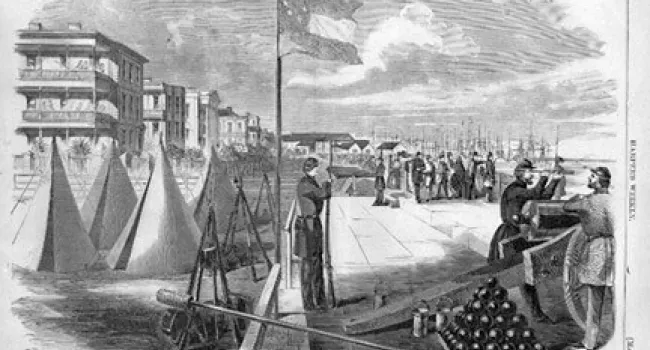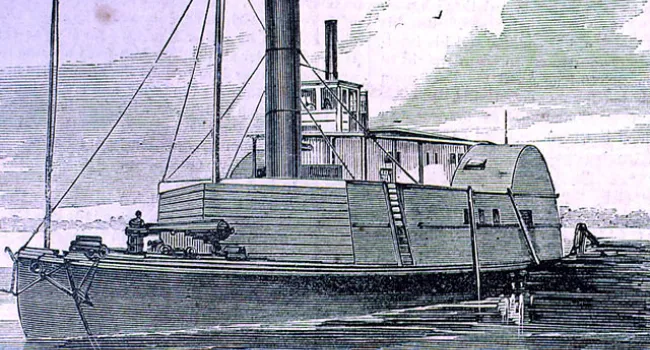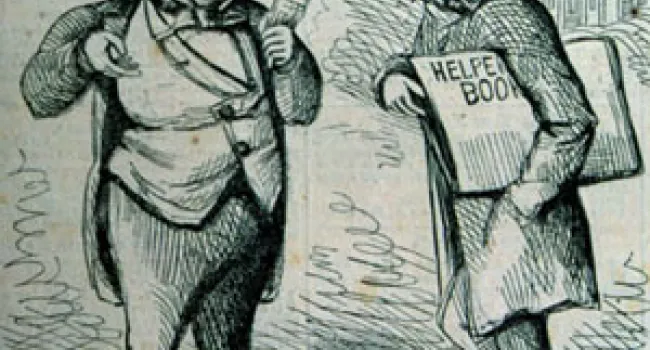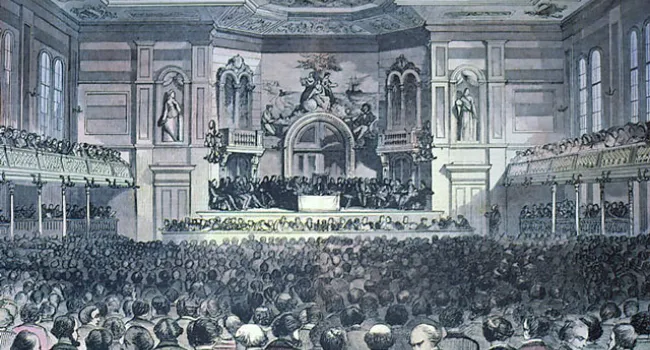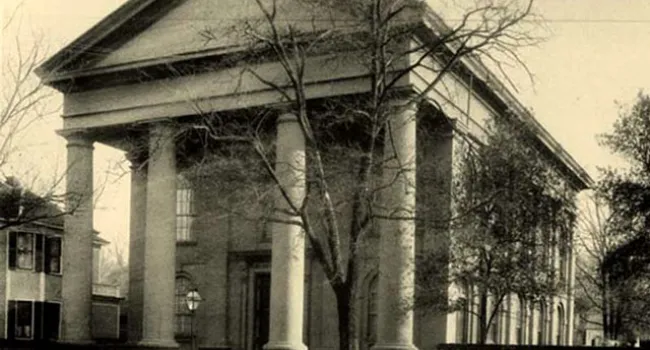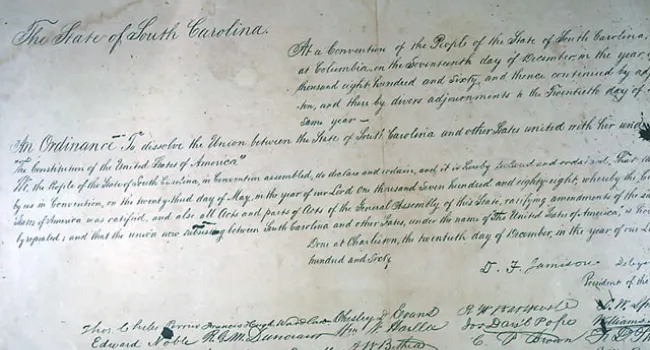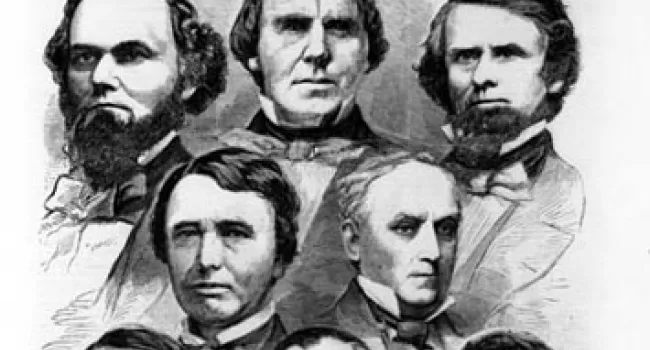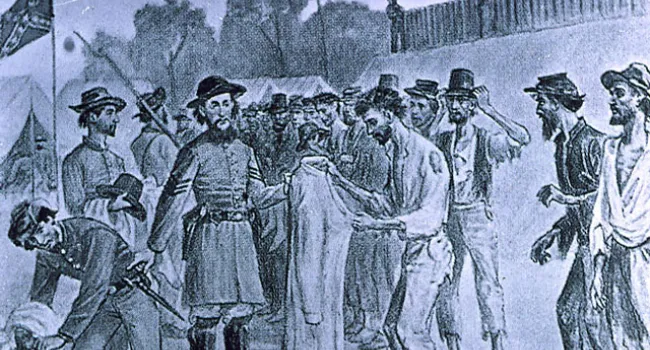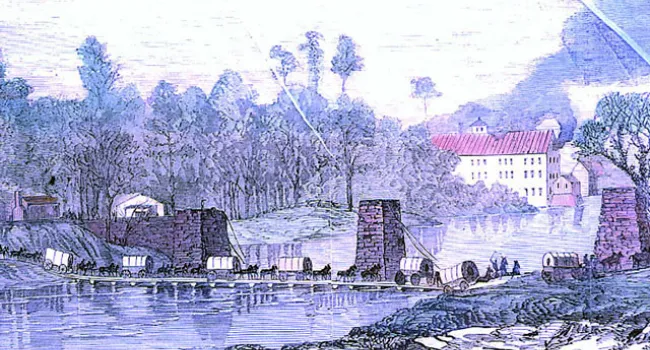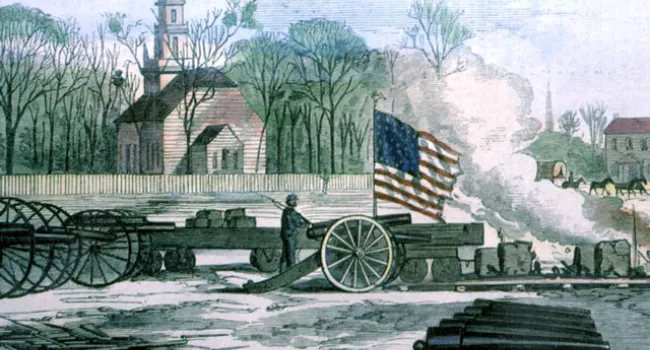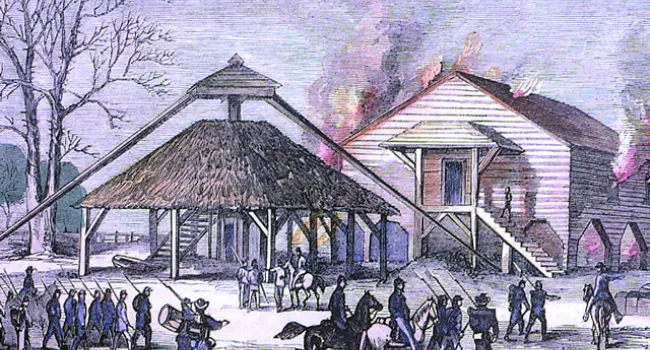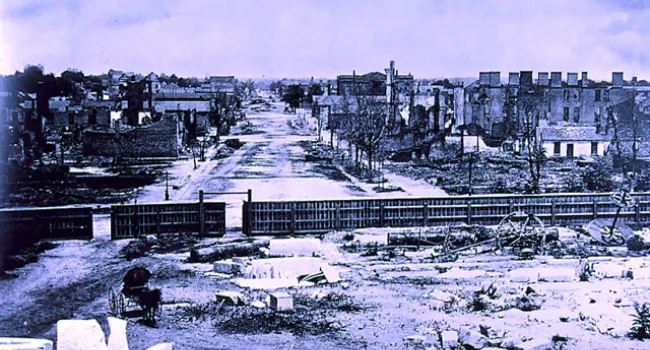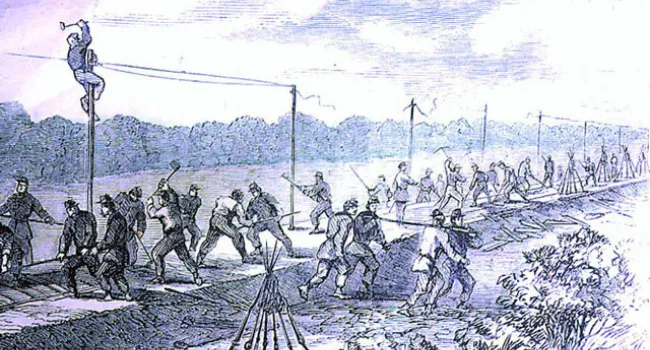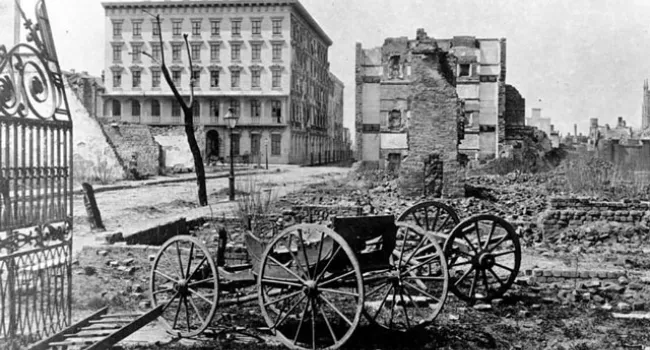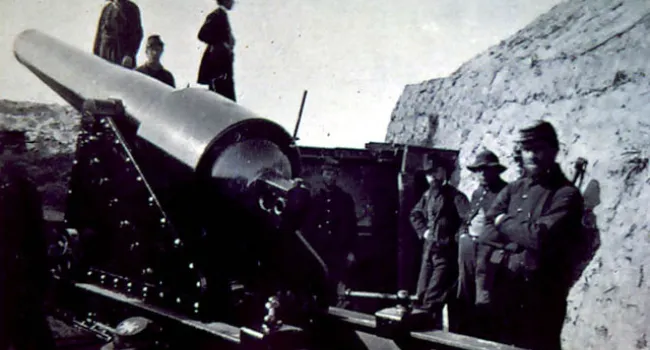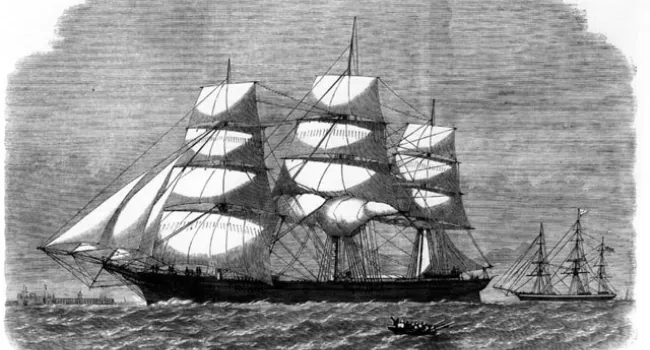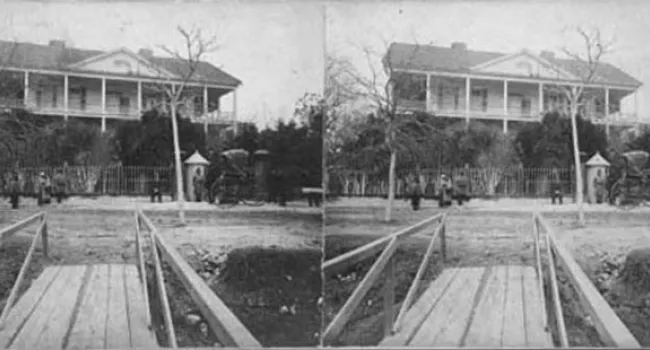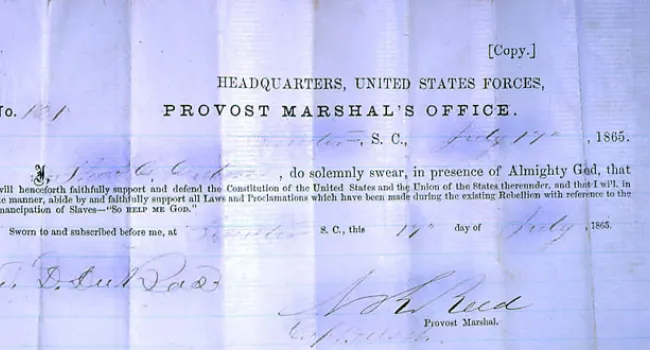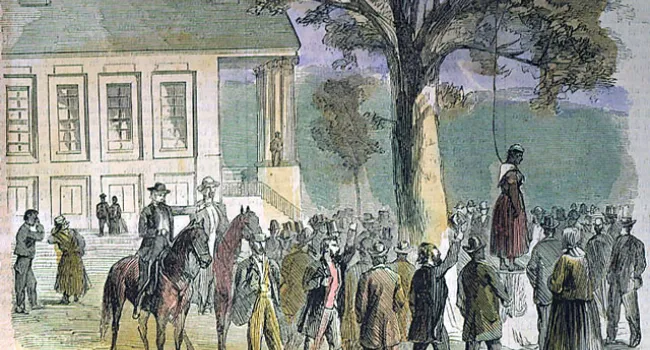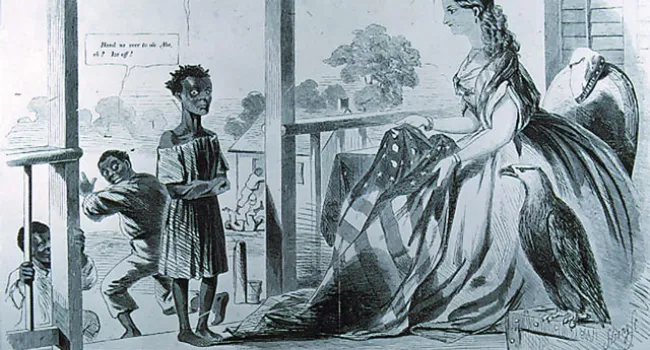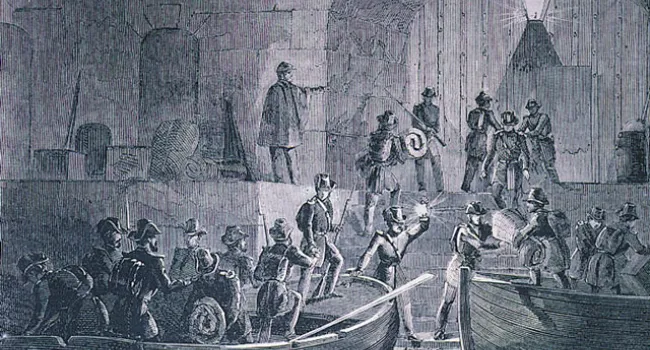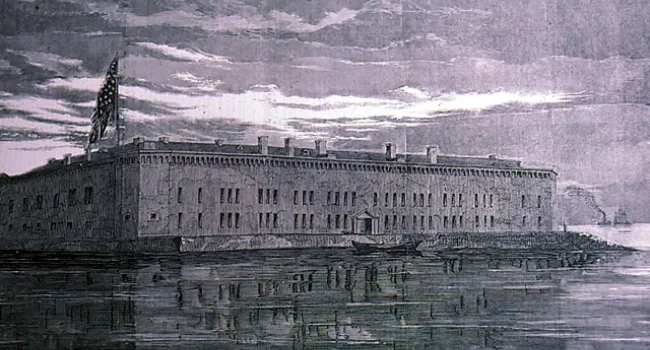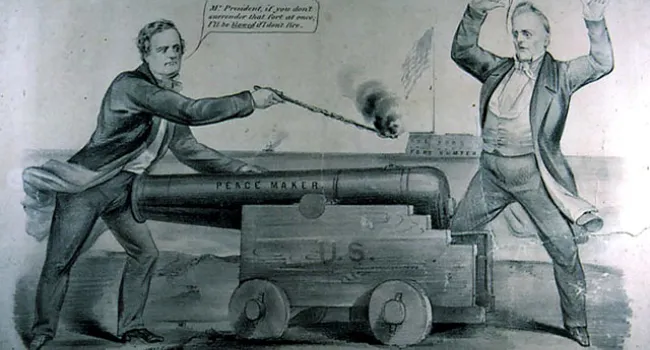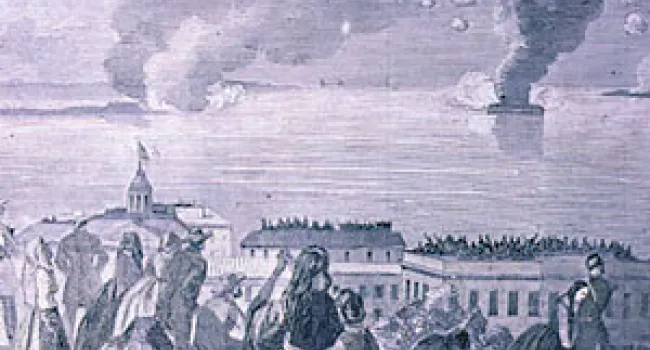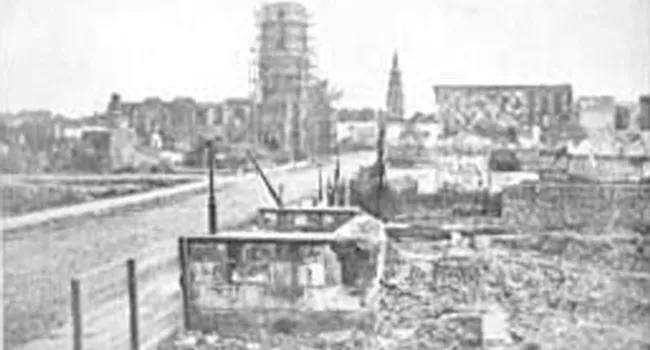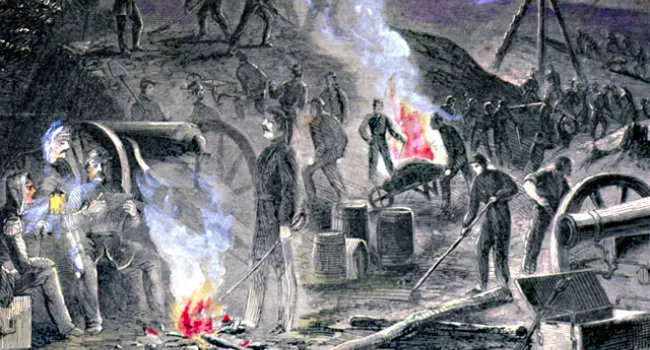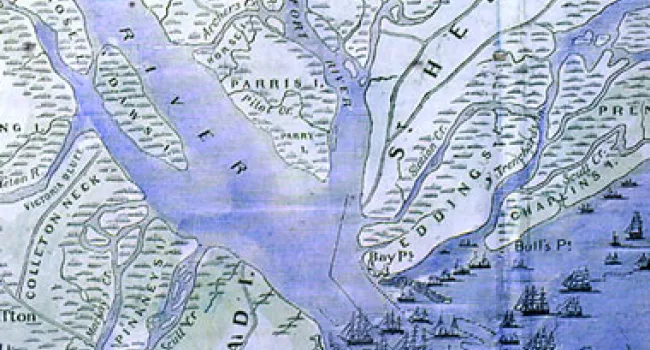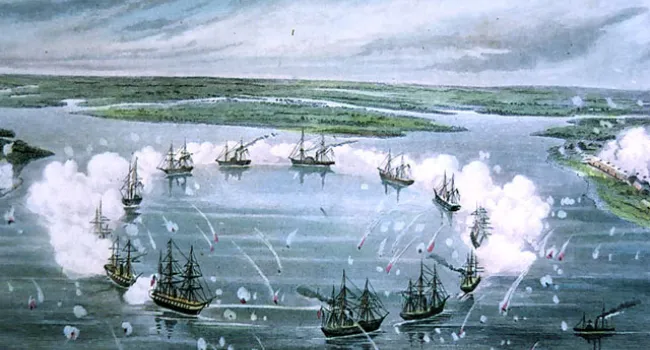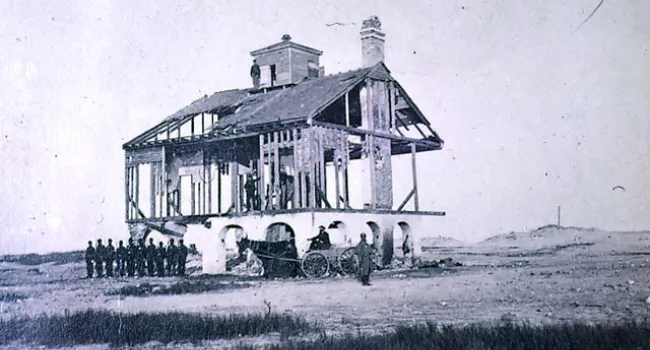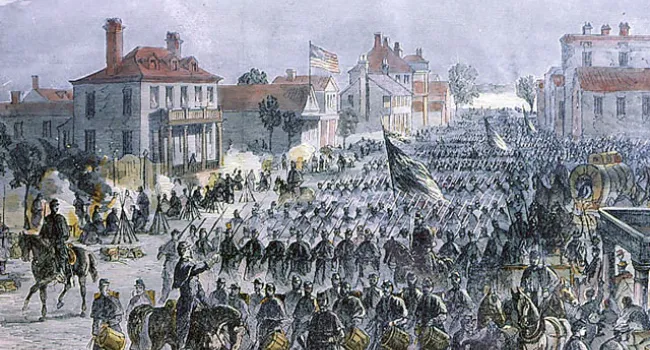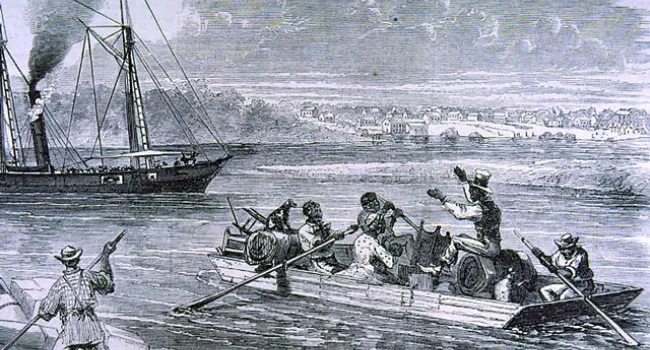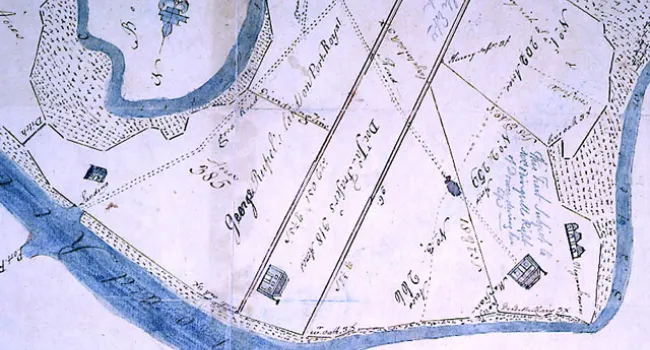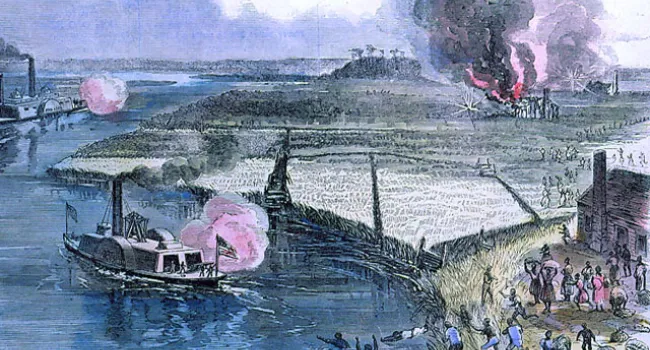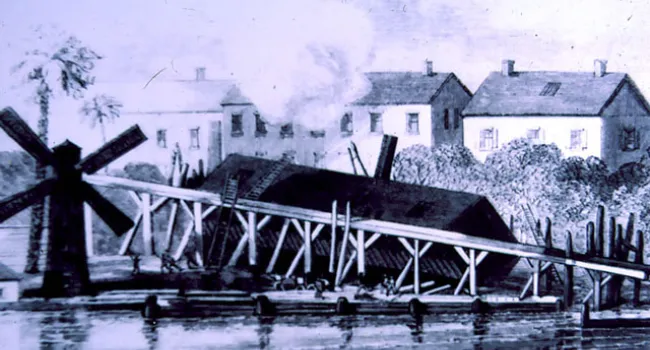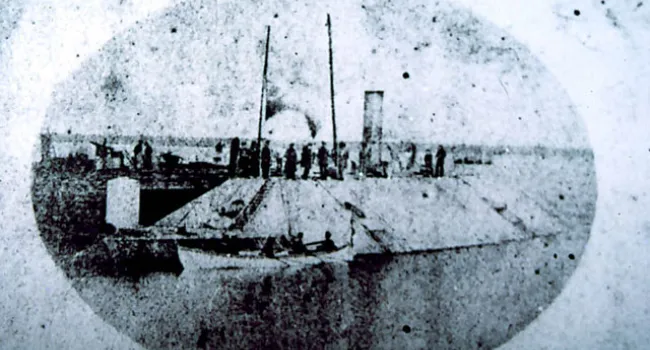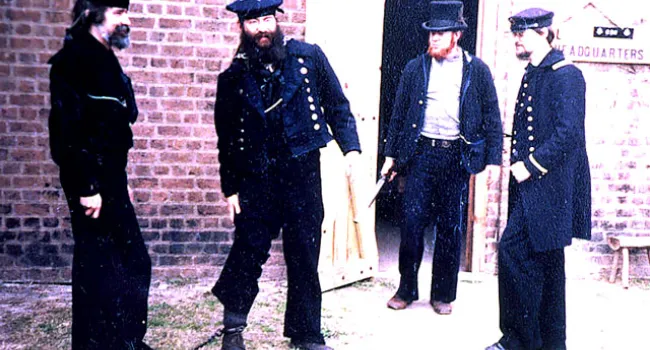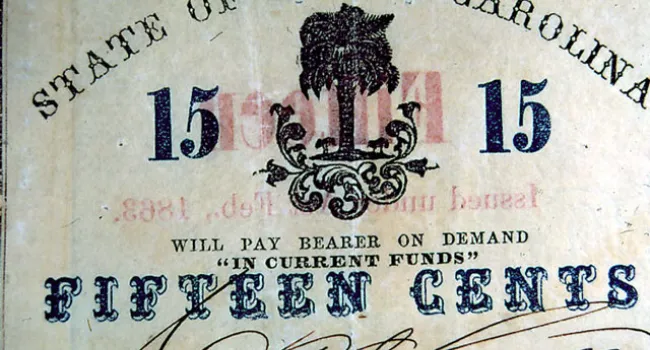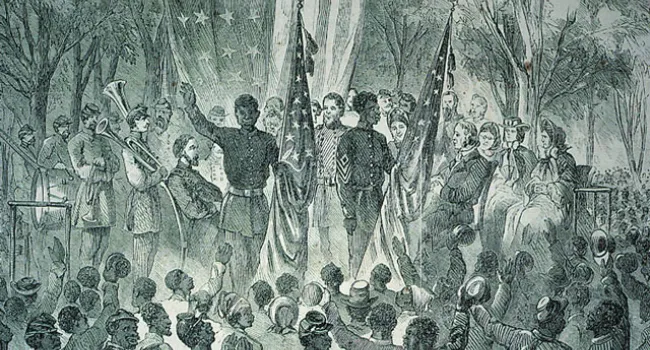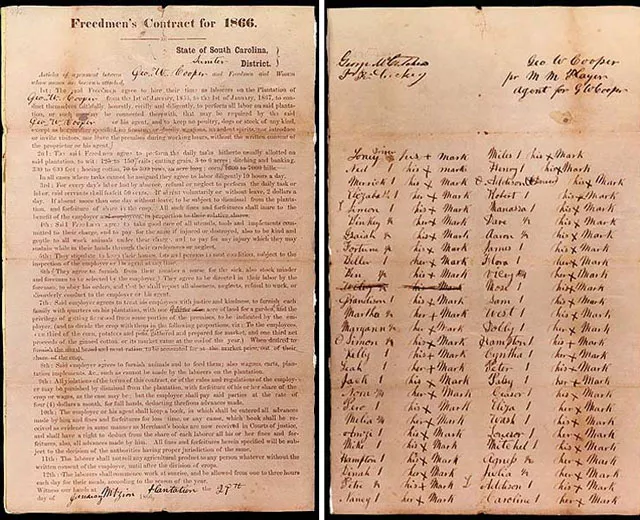
When the war ended, one of the pressing problems was the status of those who had been slaves. African-Americans had provided the essential labor, without which the agricultural economy of the region could not have succeeded. Now the Emancipation Proclamation, and the adoption of the 13th Amendment in 1865 outlawing slavery within the United States, raised the question of how both labor and freedom could be obtained. Should the freedmen and women be given small plots of land to work as independent yeoman farmers? Or should they remain a dependent, landless working class, differing from their former status only in the fact that they are no longer chattel property? The need to rebuild the south after a devastating war made it even more essential to have a dependable labor force. Farmers and plantation owners needed to plant and harvest crops. Briefly after the war, South Carolina and several other southern states adopted a series of Black Codes, laws designed to control the freedmen and ensure their availability as a workforce. Among other things, these laws regulated labor by requiring all freedmen to sign contracts that bound them to work for a year. This is one such contract for the Mount Zion Plantation of George W. Cooper, in the Sumter District.
Courtesy of the South Caroliniana Library.
Standards
- 4.5.CO Compare the roles of various groups on Reconstruction.
- This indicator was developed to encourage inquiry into the changes that served as a catalyst for Reconstruction. The indicator was also designed to promote inquiry into how these actions affected the economic, political, and social conditions in the South.
- This indicator was designed to encourage inquiry into the continuities and changes of the experiences of marginalized groups such as African Americans, Native Americans and women, as the U.S. expanded westward and grappled with the development of new states.
- 8.3.E Utilize a variety of primary and secondary sources to analyze multiple perspectives on the effects of the Civil War within South Carolina and the United States.
